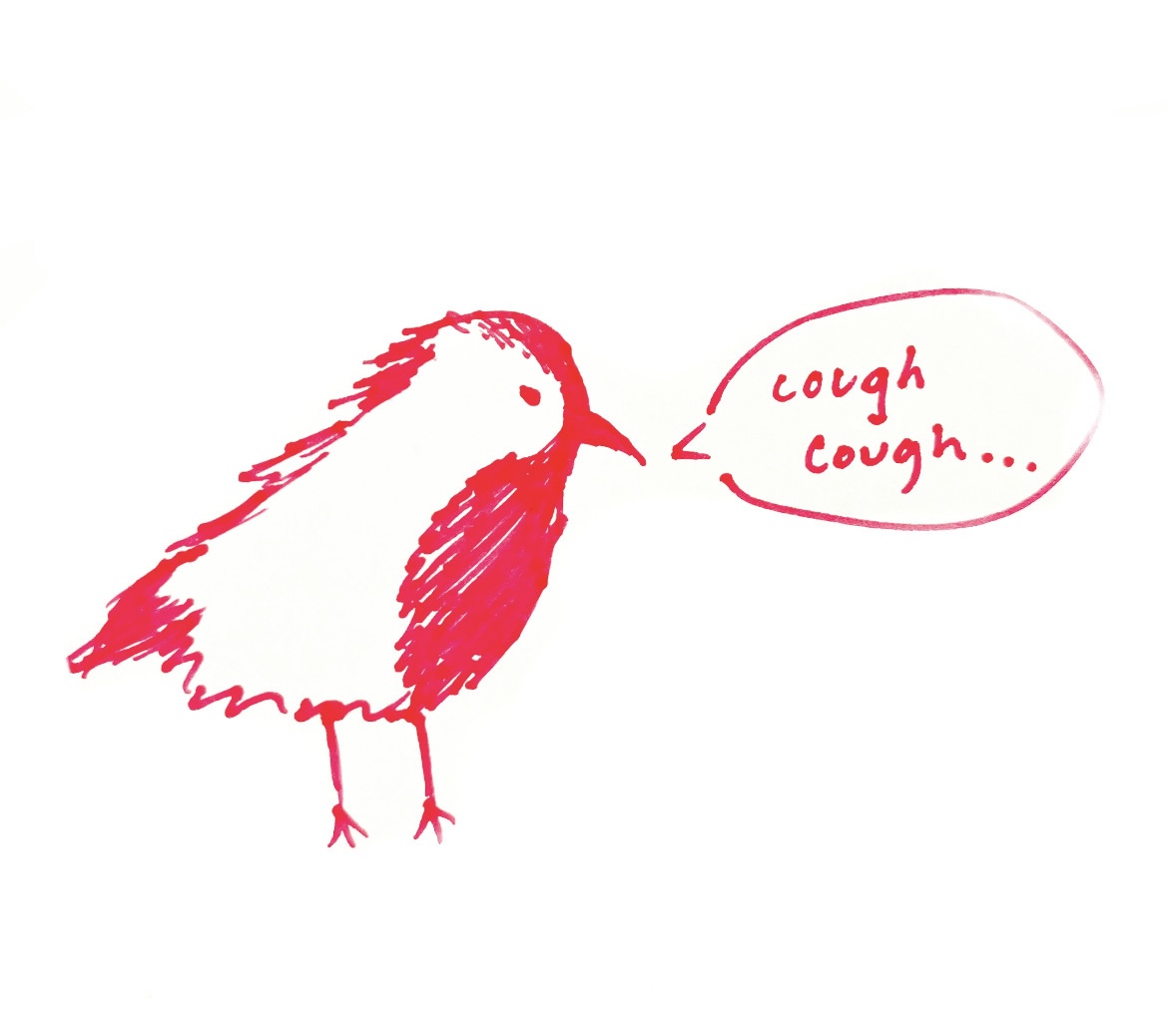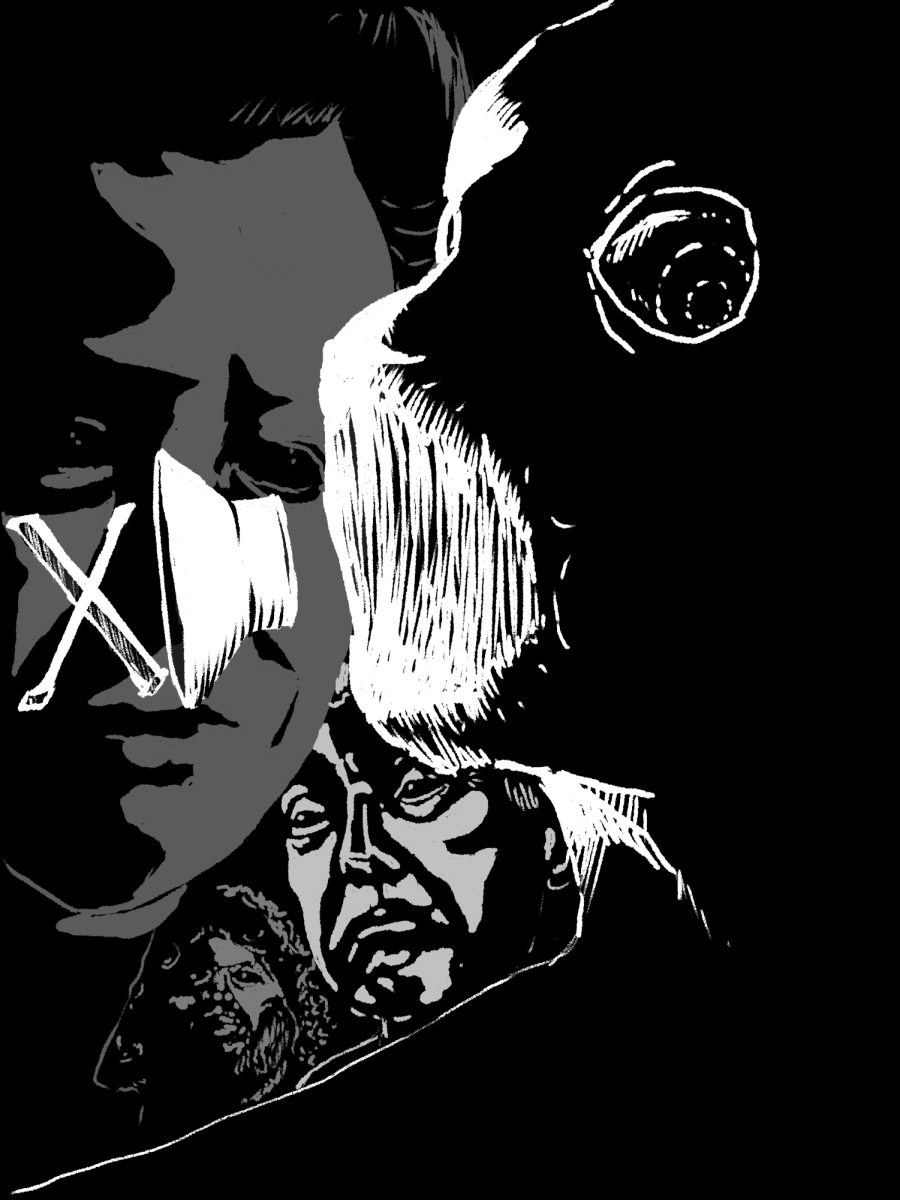This article was written by Ryann Savino ’13.
Driving along Wallowa Lake Highway, I wondered silently what the coming week would hold. To my right shone the choppy early morning surface of Wallowa Lake, its deep blue waters a sharp contrast to the rich green moraines along its shoreline. To my left sat Ben Hayes ’11, Whitman alum and current programs coordinator for Fishtrap, a nonprofit literary organization located in the small town of Enterprise, Oregon. Together we were on our way out to Wallowa Lake Camp, the location for Fishtrap’s annual summer writing workshop, and the reason I came to Wallowa County.
![Contributed-FishTrap-100_1381[1]](https://whitmanpioneer.com/wp-content/uploads/2012/11/Contributed-FishTrap-100_13811-338x600.jpg)
Tucked up in the northeastern corner of Oregon, Wallowa County is a land lover’s dream. With sharp snow-covered mountain peaks, clear glacial lakes, a deep curving river canyon and one of the last intact prairies in the West, the land in the county is breathtaking, respected and truly cherished by its inhabitants.
My journey into the county began in the summer of 2011, when I participated in Whitman in the Wallowas, a Whitman environmental studies program developed in partnership with Wallowa Resources, one of the many nonprofits in the town of Enterprise. Although the diversity of the physical landscape struck me with a sense of wonder, what truly impacted me within this county was the sense of community that not only seemed to thrive among this rural area’s inhabitants, but that reached out to include visitors like myself. This warmth and welcome were what brought me back one year later. That, and the writing.
![Contributed-FishTrap-100_1391[1]](https://whitmanpioneer.com/wp-content/uploads/2012/11/Contributed-FishTrap-100_13911-640x383.jpg)
A literary nonprofit organization is not a common find, especially within a traditional rural ranching community. As Professor Don Snow––my major advisor and supporter of Fishtrap––told me when I attempted to finalize my summer plans last spring, “You simply don’t find organizations like Fishtrap anywhere else. They are unique in the writing world, and an opportunity to connect with them is something not to be passed by.” Indeed, Fishtrap is undoubtedly unique. Founded in 1988 by Rich Wandschneider, its mission statement from the beginning has been “to promote clear thinking and good writing in and about the West.” Over the years, this vision has materialized in numerous annual programs and events such as Summer Fishtrap, Winter Fishtrap, the Imnaha Writers’ Retreat, The Eastern Oregon Writers in Residence Program and the Big Read, to name just a few. Central to Fishtrap’s mission and conception was creating the organization’s roots in the Wallowa Valley. For if writers were to gather and explore writing and thinking about the West, they needed to be in a truly western landscape. They needed the Wallowas.
From that first summer gathering in 1988, which featured faculty such as Ursula K. Le Guin, James Welch, Craig Lesley and Terry Tempest Williams, Fishtrap has grown and created a space for writers and thinkers truly passionate about the West and its literature to come together at the foot of Wallowa Lake for one week every summer.
><><><
Listening to the gentle animated words of Luis Alberto Urrea, author of “The Hummingbird’s Daughter,” I shut my eyes. Leaning my head back to rest gently against my seat outside of the wooden Bailey Lodge, I couldn’t help but smile as my forehead and cheeks were warmed by the early rays of sun. This morning marked the conclusion of the week of Summer Fishtrap, a gathering themed “Catch and Release: What we hold on to, what we let go, and the one that got away,” and it was a week I already was entirely aware would hold fast within me for many years to come.
This week in July had marked the 25th anniversary of Summer Fishtrap, and throughout the whole gathering, an earnest feeling of celebration permeated through the entire camp. Whether I was checking in early risers for breakfast, reading behind the registration desk or scribbling away in my notebook during the songwriting workshop I participated in, the spirit of writing wrapped around me.
![Contributed-FishTrap-100_1735[1]](https://whitmanpioneer.com/wp-content/uploads/2012/11/Contributed-FishTrap-100_17351-640x340.jpg)
As the summer intern, I myself did not even get to
all that much, but watching others become so excited about their work, and the creativity their workshop leaders funneled through them, was inspiring. Hearing the youth participants’ sure and smooth words come toward me from the forest’s edge, the cadence of their poetry ruffling the rhythms of my thoughts, I couldn’t help but understand how undeniably special this place was.
Before venturing to Fishtrap I thought writing workshops were a place aspiring writers went to seek out publishing opportunities, to try and jam their foot into any door slightly cracked open and to hungrily learn from the faculty who spoke and shared in the process with them. Fishtrap changed all of that for me. The hunger was undoubtedly present out at the lake, but the unattractive quality of competition and personal goals being found were entirely absent from my eyes that week.
![Contributed-FishTrap-DSCN1539[1]](https://whitmanpioneer.com/wp-content/uploads/2012/11/Contributed-FishTrap-DSCN15391-640x442.jpg)
Instead, I learned quickly that people come to Fishtrap for the love of writing. Although I am sure many participants seek to publish their work, their focus was elsewhere for this week. For Fishtrappers, the goal was to connect, think, learn and allow for the slow easy lake time to ignite their wrists into reaching for their pens.
A sense of community and warmth was palpable out at that lake. Faculty and participants intermingled easily, and if there was any essence of hierarchy at the camp, I was completely unaware. Instead, I watched as the sons and daughters of faculty members ran around playing basketball with the youth students. I watched as friendships were formed around the dinner table. I watched as David James Duncan, author of “The River Why” and countless other works, was so inspired by the youth open mic night that he completely rewrote his keynote address to share his past and the art of grief within the writing process.
The act of writing is personal, an act of storytelling and an act of courage. These black marks upon paper can hold immense power, and I am deeply grateful to Fishtrap for celebrating this power and vulnerability. My advisor was quite right: There really is no other place quite like Fishtrap, and one really shouldn’t shy away from the opportunity to take part in the magic their organization fosters.
If interested in learning more about Fishtrap and the numerous programs and events they offer, please head to their website: www.fishtrap.org.







bill • Nov 27, 2012 at 4:29 am
Rich Wandschneiderwas not the founder of Fishtrap .Alvin Josephy was .I do not know how he can take credit for something he did not do,but that is how he operates I guess.